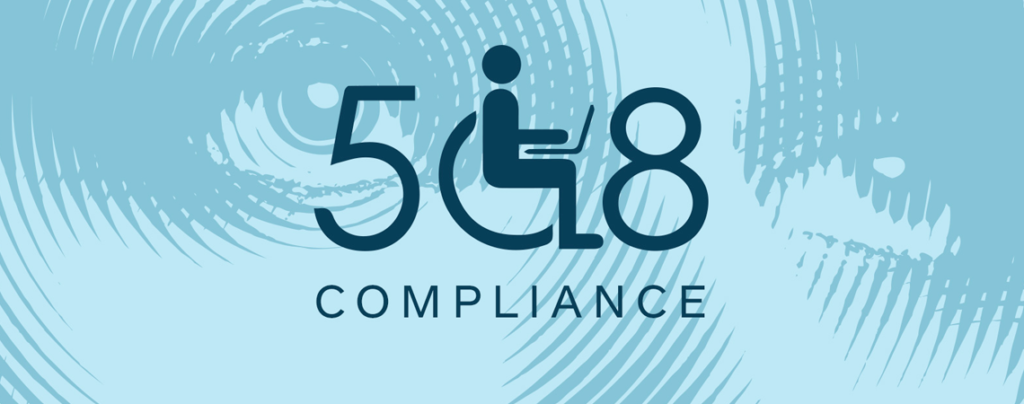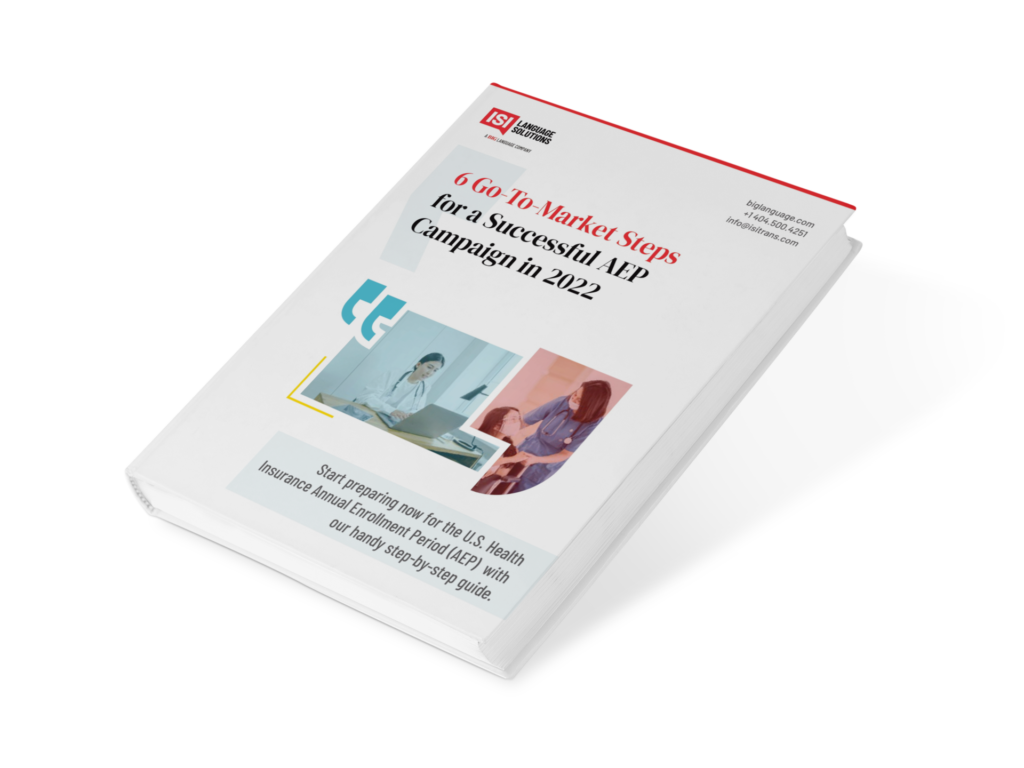In 1998, Congress amended the 1973 Rehabilitation Act to include Section 508 to eliminate barriers in information technology, create new opportunities available for people with disabilities, and encourage the development of technologies to help achieve these goals. It requires federal agencies and departments to develop, acquire, maintain and use the information and communications technology that people with disabilities can access. Private websites are not required for 508 compliance unless they receive federal funds or are under contract with a federal agency.
What is ICT?
New Information and Communication Technology (ICT) Standards and Guidelines for Section 508 compliance were released in 2018 that may impact how your organization produces certain content.
The needs that ICT aims to address are:
- Cognitive impairments include head injuries, autism, and developmental disabilities.
- Learning disabilities include dyslexia, dyscalculia, or ADHD.
- Visual impairments include low vision, complete or partial blindness, and color blindness.
- Hearing-related disabilities include deafness, being hard of hearing, or hyperacusis.
- Motor or dexterity impairments include paralysis, cerebral palsy, dyspraxia, carpal tunnel syndrome, and repetitive strain injury.
- Photo epileptic seizures are caused by visual strobe or flashing effects.
This law isn’t limited to federal employees with disabilities but also applies to people with disabilities that use federal agency resources. Agencies must give employees with disabilities and members of the public access to information that is comparable to the access available to others. A good example is a U.S. National Parks website, which many Americans may use when planning a trip.
The technical standards of Section 508
The following is a summary of Section 508 technical standards:
- Software Applications and Operating Systems: Includes a web browser that supplies accessibility to software, e.g., keyboard navigation and focus.
- Web-based Intranet and Internet Information and Applications: Assures accessibility to web content, e.g., text description for any visual users with a disability or need assistive technology such as screen readers and refreshable Braille displays, can access the content.
- Telecommunications Products address accessibility for products like cell phones and voice mail systems. It includes managing technology compatibility with hearing aids, assistive listening devices, and telecommunications devices for the deaf (TTYs).
- Videos or Multimedia Products: Includes requirements for captioning and audio description of multimedia products such as training or informational multimedia productions.
- Self-Contained, Closed Products: Products where end users cannot typically add or connect their assistive technologies, such as information kiosks, copiers, and fax machines. This standard links to the other standards and generally requires that access features be built into these systems.
- Desktop and Portable Computers: discusses accessibility related to standardized ports and mechanically operated controls such as keyboards and touch screens.
Section 508 and the 1973 Rehabilitation Act should not be confused with the requirements of The Americans with Disabilities Act (ADA). ADA is a civil rights act passed in 1990 that prohibits the discrimination of people with disabilities in all areas of life, including electronic and information technology (i.e., websites, software, telephones,, and call centers). The act applies to private businesses, nonprofits,, and local and state governments. However, it’s important to note that this act extends beyond websites; organizations must also ensure that other areas of their businesses,, such as physical entrances and exits and hiring processes, do not discriminate against persons with disabilities.
Web Content Accessibility Guidelines (WCAG) were launched in 2008 and described a series of standards developed by the World Wide Web Consortium. WCAG gives companies an actionable guide and resource for making a website accessible to users with disabilities. Non-compliance with WCAG does not result in any penalties. It’s simply a resource for organizations to reference to avoid fines, complaints, and lawsuits that could result from non-compliance with Section 508 or ADA.
Let BIG Language Solutions Help You
If you need assistance with Section 508 compliance for websites or content, BIG Language Solutions is here to help! Having served the needs of compliance-driven industries for more than 30 years, we have extensive experience in assisting organizations with remediation, large print, audio, braille, closed-captioning, transcription, and subtitling.
Contact us today to see how we can help you!







